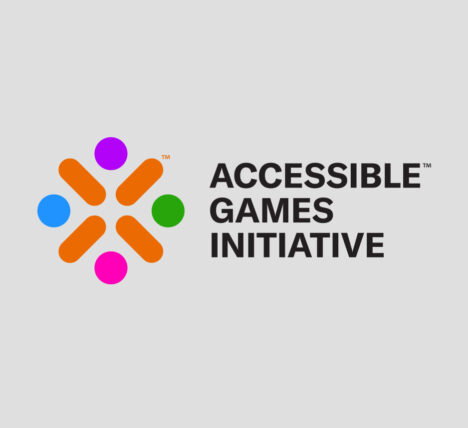More than 165 million Americans now enjoy video games, and the number and types of games available continues to grow with our players. More than ever, people are playing video games to connect with family and friends, relieve stress, and enjoy entertaining and engaging experiences. Loot boxes – an optional in-game feature that allows players to obtain various virtual items to use in the game – have recently been the focus of a growing conversation among policymakers, parents, and players. The Federal Trade Commission (FTC) is hosting a workshop on loot boxes today, featuring a broad group of stakeholders, including the Entertainment Software Association (ESA).
As an industry, we take our role in this conversation seriously. We plan to underscore to the FTC our industry’s deep connection to our community and shared desire to work with policymakers, parents, and players to provide the information they need for a positive game experience. This includes the important work the industry has done to create robust parental controls.
The video game industry relies on creating and sustaining relationships with our players based on fun, but just as importantly on trust. One of the hallmarks of our industry is that we don’t just create entertainment value for our players, we listen to them.
Last year, in response to growing concerns about in-game spending, the Entertainment Software Rating Board (ESRB) expanded its ratings disclosures to include an “In-Game Purchases” label on packaging for video games that offer the ability to purchase additional in-game content. In addition to checking ratings, parents can also utilize password-protected controls available across video game consoles, computers, tablets, and mobile phones to limit or prevent children from making purchases within games, as well as managing screen time, age-appropriate game content, and other features. For more than 25 years, the ESRB rating system has been a pillar of our industry’s commitment to our players and parents. In fact, the FTC has repeatedly praised the industry’s self-regulatory practices.
To further that effort, several video game industry leaders are announcing new initiatives to help consumers make informed choices about their purchases, including loot boxes. The major console makers – Sony Interactive Entertainment, operator of the PlayStation platform, Microsoft, operator of Xbox and Windows, and Nintendo, operator of the Nintendo Switch gaming platform – are committing to new platform policies that will require paid loot boxes in games developed for their platforms to disclose information on the relative rarity or probability of obtaining randomized virtual items. These required disclosures will also apply to game updates, if the update adds new loot box features. The precise timing of this disclosure requirement is still being worked out, but the console makers are targeting 2020 for the implementation of the policy.
In addition, several of ESA’s publisher members already disclose the relative rarity or probability of obtaining in-game virtual items from purchased loot boxes, and other major publishers have agreed to do so no later than the end of 2020. Together, these publishers include Activision Blizzard, BANDAI NAMCO Entertainment, Bethesda, Bungie, Electronic Arts, Epic, Konami, Microsoft, Nexon, Nintendo, Sony Interactive Entertainment, Square Enix, Take-Two Interactive, THQ Nordic, Ubisoft, Warner Bros. Interactive Entertainment, and Wizards of the Coast. Many other ESA members are considering a disclosure. The disclosure will apply to all new games and updates to games that add such in-game purchases and will be presented in a manner that is understandable and easily accessed.
Taken together, these disclosures will help reach consumers playing across a variety of games, including PC games and other games delivered outside of the platforms.
We commend our members for their continued efforts to listen to their customers and provide consumers with information to make more informed choices for their gameplay. As the video game industry evolves and new features appear, we welcome an open dialogue among our community. Video games spark camaraderie and build communities that we all enjoy being a part of. We will continue to innovate and work together so that every member of our community can enjoy video games as a fun and enriching experience.




